India is a significant player in the global orthopedic implants market, providing a wide range of high-quality and cost-effective orthopedic implants and instruments. The country has a robust manufacturing sector that caters to both domestic and international markets.
Here is an overview of orthopedic implants in India, including the types, key manufacturers, regulatory environment, and market trends.
Types of Orthopedic Implants
Joint Replacement Implants
- Hip Implants: Total hip replacement, hip resurfacing, and partial hip replacement implants.
- Knee Implants: Total knee replacement, unicompartmental (partial) knee replacement, and patellofemoral replacement implants.
- Shoulder Implants: Total shoulder replacement and reverse shoulder replacement implants.
Trauma Implants
- Plates and Screws: Used for internal fixation of fractures.
- Intramedullary Nails: For long bone fractures, such as femur and tibia fractures.
- Pins and Wires: Kirschner wires (K-wires) and Steinmann pins for smaller bones and pediatric fractures.
Spinal Implants
- Pedicle Screws and Rods: For spinal fusion and stabilization.
- Interbody Cages: For maintaining disc space height during spinal fusion.
- Artificial Discs: For disc replacement surgeries.
Sports Medicine Implants
- ACL/PCL Reconstruction Implants: Screws, buttons, and other devices used in ligament reconstruction.
- Arthroscopy Instruments: Used in minimally invasive joint surgeries.
Pediatric Implants
- Flexible Nails: For pediatric fractures.
- Epiphyseal Plates: For growth plate injuries.
Orthopedic Implants: Key Manufacturer in India
Several Indian companies are prominent in the orthopedic implants market, producing a wide range of implants and instruments that meet international standards. HEMC is one of them which manufacturer and exporter of orthopedic implants and instruments worldwide. The company is known for its wide range of orthopedic products.
Here’s an overview of HEMC as an orthopedic implants company in India:
Company Profile
Name: Hospital Equipment Mfg. Co.
Location: Noida, India (headquarter)
Products: HEMC offers a diverse range of orthopedic implants and instruments as follows.
- Trauma implants (plates, screws, nails)
- Joint replacement implants (hip, knee, shoulder)
- Spinal implants (pedicle screws, rods, cages)
- Interlocking nails
- External fixation devices
- Instruments for orthopedic surgeries
Key Features
Product Range: HEMC provides a comprehensive range of orthopedic implants and instruments, catering to various surgical specialties and procedures.
Quality Assurance: The Company emphasizes quality control and adheres to international standards in manufacturing its products. Quality assurance measures are implemented throughout the production process to ensure the safety and efficacy of implants.
Affordability: HEMC aims to provide cost-effective solutions to healthcare providers and patients, making orthopedic treatment more accessible in India and other markets where its products are distributed.
Customer Service: HEMC is committed to providing excellent customer service, including timely delivery, responsive communication, and technical support for healthcare professionals using its products.
Market Presence
International Market: HEMC export its products to other countries, particularly in regions where there is demand for quality orthopedic implants at competitive prices.
Reputation
HEMC’s reputation within the orthopedic implants industry in India may be influenced by factors such as product quality, reliability, customer satisfaction, and competitive pricing. Positive reviews from healthcare professionals and satisfied customers may contribute to its standing in the market.
Importance of orthopedic implants in India
Orthopedic implants play a crucial role in India’s healthcare landscape, addressing a wide range of musculoskeletal conditions and injuries. Their importance in India can be understood from various perspectives:
Addressing Musculoskeletal Disorders
- Fractures and Trauma: Orthopedic implants are essential for stabilizing fractures and facilitating the healing process, especially in cases of complex or displaced fractures.
- Joint Degeneration: With the aging population and increasing prevalence of conditions like osteoarthritis, joint replacement implants are vital for restoring mobility and improving quality of life.
- Sports Injuries: India has a growing interest in sports, leading to a rise in sports-related injuries. Orthopedic implants are crucial for the treatment and rehabilitation of athletes with injuries such as ACL tears and meniscal injuries.
Enhancing Healthcare Access
- Rural Healthcare: Orthopedic implants enable access to advanced surgical treatments in rural and underserved areas where specialized orthopedic care may be limited.
- Medical Tourism: India is a popular destination for medical tourism, attracting patients from around the world seeking high-quality orthopedic surgeries at lower costs. Implants play a significant role in this sector by offering advanced treatment options to international patients.
Improving Quality of Life
- Mobility Restoration: Joint replacement implants, such as hip and knee replacements, restore mobility and alleviate pain, allowing individuals to lead active and productive lives.
- Functional Rehabilitation: Implants used in fracture fixation and ligament reconstruction surgeries help patients regain functionality and return to their normal activities.
Economic Impact
- Manufacturing Industry: The orthopedic implants industry contributes to India’s economy by providing employment opportunities and driving growth in the manufacturing sector.
- Revenue Generation: Orthopedic implants contribute to the revenue of hospitals, medical device companies, and healthcare professionals involved in orthopedic care.
Technological Advancements
- Innovation: India’s orthopedic implants sector is witnessing technological advancements, including the development of customized implants, minimally invasive techniques, and biocompatible materials.
- Research and Development: Investments in research and development contribute to the evolution of orthopedic implants, leading to improved patient outcomes and reduced complications.
Challenges and Opportunities
- Affordability: Despite the availability of cost-effective implants, affordability remains a challenge for many patients, especially in rural areas.
- Quality Assurance: Ensuring the quality and safety of implants is crucial to minimize complications and improve patient satisfaction.
- Regulatory Compliance: Compliance with regulatory standards and obtaining necessary approvals can be a barrier to market entry for manufacturers.
In conclusion, orthopedic implants play a multifaceted role in India’s healthcare system, addressing musculoskeletal disorders, enhancing healthcare access, improving quality of life, and contributing to economic growth. Continued investments in innovation, quality assurance, and healthcare infrastructure are essential to further strengthen the importance and impact of orthopedic implants in India.


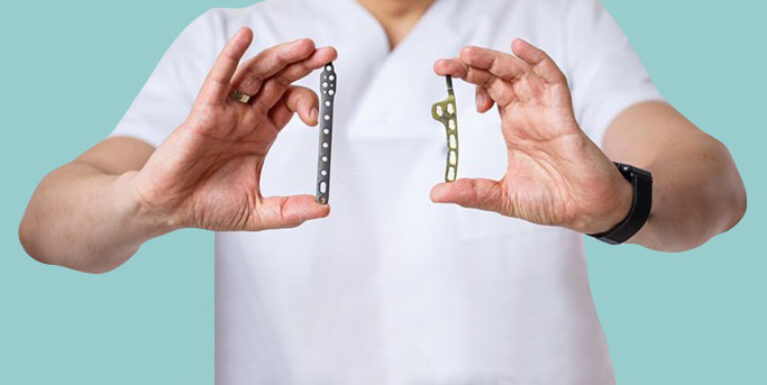
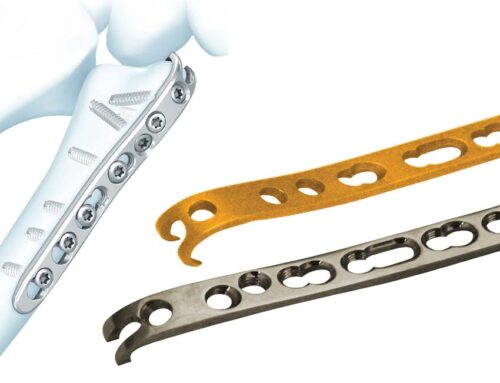
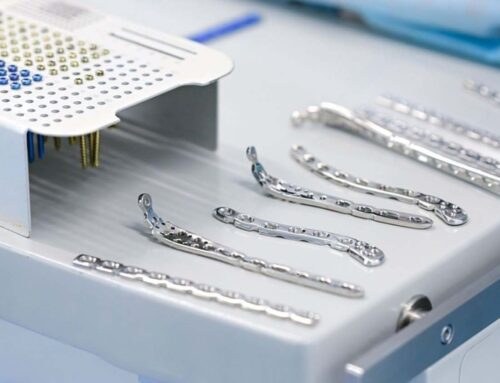
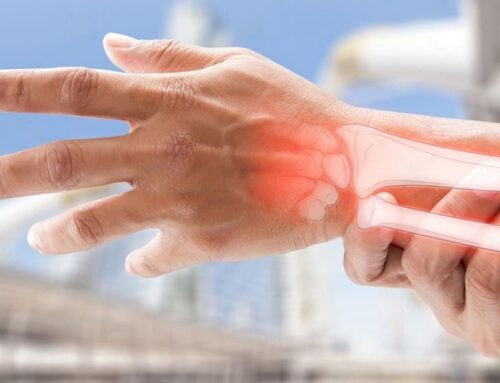
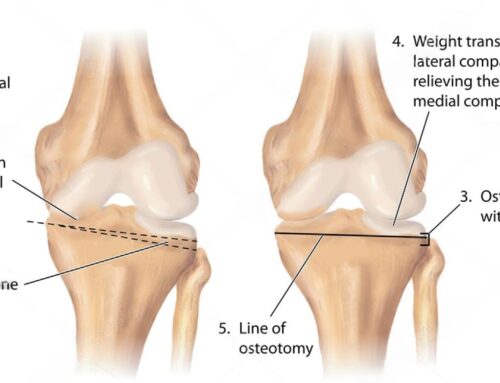
Leave A Comment